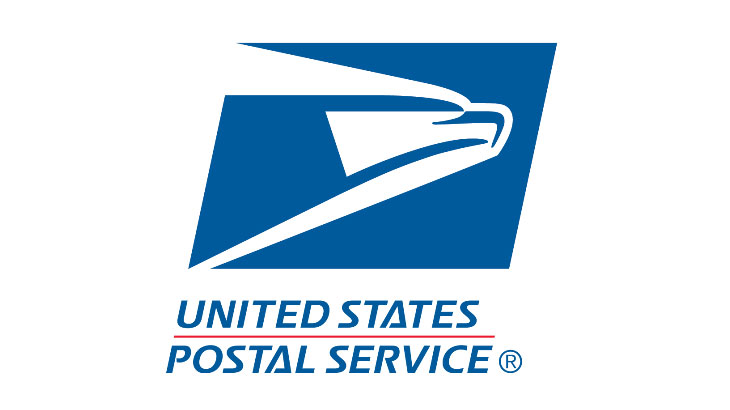Postal Updates
House passes legislation to ease USPS debt burden

Washington Postal Scene by Bill McAllister
The House of Representatives has taken a first step toward easing the United States Postal Service’s growing debt to the Department of the Treasury.
If approved by the Senate, the legislation would remove $5 billion a year in debts that the USPS pays for the expected costs of health benefits for future postal retirees.
A 2006 law, pushed by the George W. Bush administration, required the Postal Service to pay in advance for those benefits.
As mail volume has fallen, the agency has been unable to make the payments, falling billions of dollars behind on its payments to the Treasury.
The House legislation eliminating the payments cleared that body Feb. 5 by a vote of 309 to 106, with 87 Republicans joining with 222 Democrats.
Rep. Peter DeFazio, D-Ore., pushed for the change, saying the prefunding requirement “is based on the absurd notion of paying for the retirement funds of people who do not yet — and may not ever — work for the Postal Service.”
“My bill will finally repeal this ludicrous policy, provide USPS with critical financial relief and is the first step toward much-needed comprehensive reform,” he said in a news release.
DeFazio said the payment policy has “threatened the survival of the USPS and placed its vital services for the millions who rely on it at risk.”
The legislation, which was welcomed by the Postal Service, faces an uncertain future in the Senate.
USPS spokesman David Partenheimer noted that the measure would both eliminate future prefunding payments as well as forgive the agency’s currently defaulted payments.
“This elimination of a requirement faced by no other public or private entity would improve our balance sheet and reduce our future reported losses,” Partenheimer said.
The Postal Service will still need more Congressional action to help the agency out of its ongoing financial crisis, he said.
“Most importantly, the bill would not impact the liquidity crisis that we will be facing in the next few years — a crisis that will literally threaten our ability to deliver the mail,” Partenheimer said.
He said the USPS looks forward to working with Congress to create legislation that would “ensure our long-term financial stability.”
At a meeting of the USPS board of governors, Postmaster General Megan Brennan stressed that the DeFazio legislation was “only a first step” toward the financial turnaround the Postal Service is seeking.
Vice chairman David Williams said the agency would have been “close to break even” in the first quarter of the year if the bill had been law.
A number of Congressional Republicans have been adamant about not using taxpayer funds to bail out another federal agency.
Rep. Mark Meadows, R-N.C., said on the House floor that he could not support the DeFazio bill “because it does not do what we need to do, which is address the problem today. This just kicks the can down the road.”
Rep. Bill Pascrell Jr, D-N.J., who supported DeFazio’s bill, said, “Every American knows the priceless value of USPS. By passing HR2382 yesterday in an enormous bipartisan vote Congress took a huge step to reinvigorating our post offices for the next generation.”
Connect with Linn’s Stamp News:
Sign up for our newsletter
Like us on Facebook
Follow us on Twitter
MORE RELATED ARTICLES
Headlines
-
US Stamps
Oct 6, 2024, 5 PMApgar souvenir card available
-
US Stamps
Oct 6, 2024, 4 PMFirst Continental Congress and U.N. stamps receive Scott catalog numbers
-
World Stamps
Oct 5, 2024, 1 PMCanada Post continues Truth and Reconciliation series
-
US Stamps
Oct 4, 2024, 6 PM86th Balpex show set for Oct. 25-27 at new location








